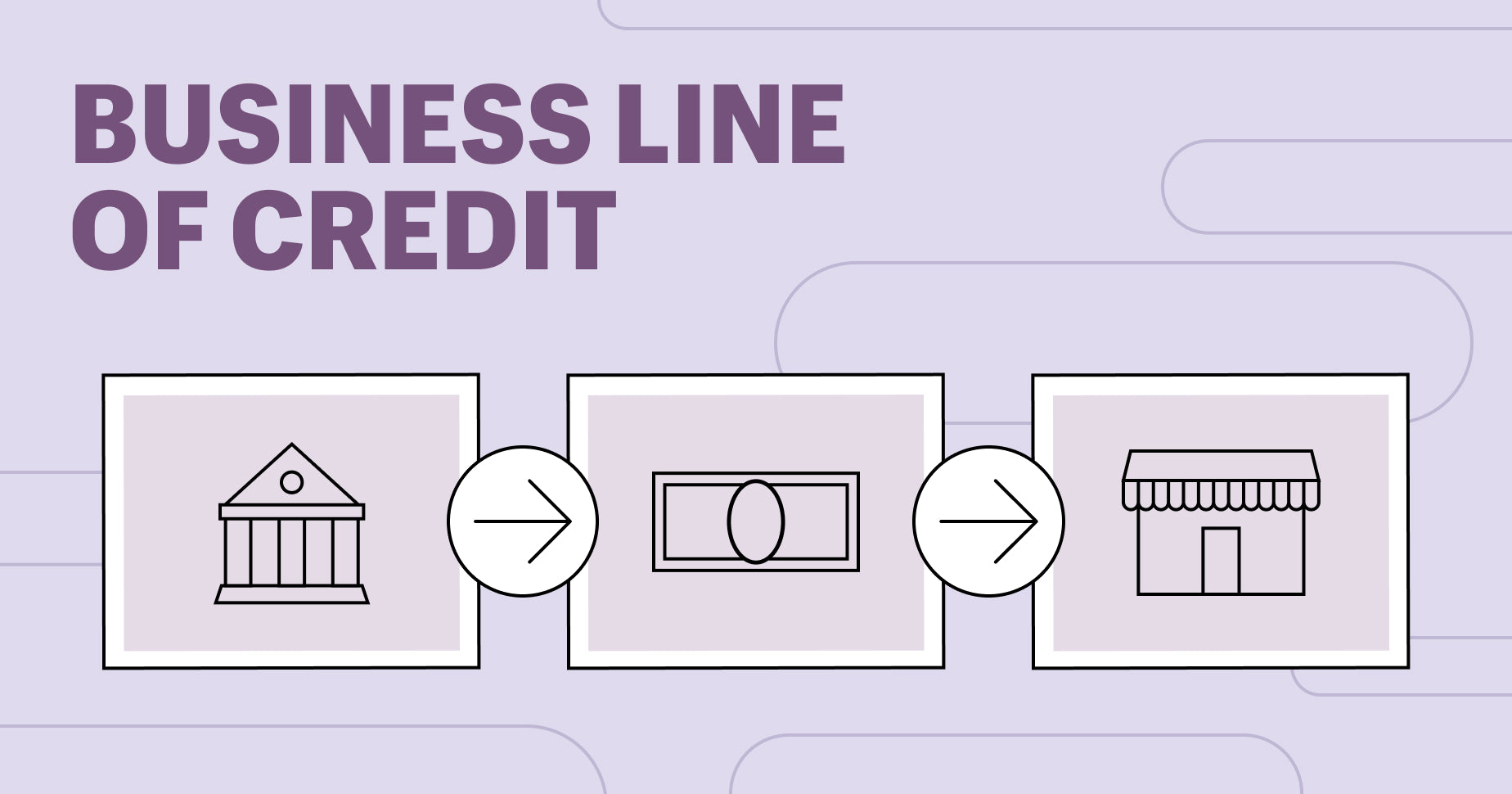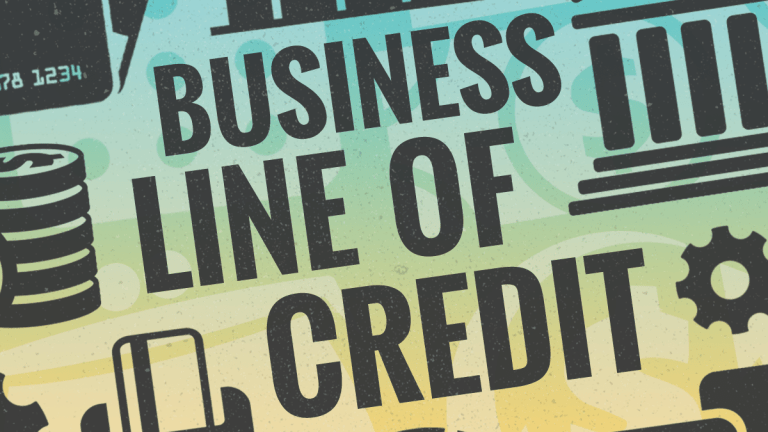In the world of business, it’s often said that it’s better to have access to financing before you actually need it. Waiting until your business is in a desperate financial situation to apply for a loan can result in delays or even a denial of funding. That’s where a business line of credit comes in. This type of financing allows you to have access to the funds you need before you need them, providing a safety net in case of unexpected financial challenges or growth opportunities. In this article, we will explore what a business line of credit is, how it differs from a term loan, when it’s most beneficial to use one, and the pros and cons associated with this financing option.
What is a Business Line of Credit?

A business line of credit is a predetermined amount of money that a business can borrow on an as-needed basis. Unlike a traditional loan where you receive a lump sum upfront, a line of credit provides you with access to a revolving credit line. It operates similarly to a credit card but typically comes with higher credit limits. With a line of credit, you can withdraw cash or transfer funds to your business checking account as required.
The key advantage of a business line of credit is that you only have to repay the amount you actually spend. This flexibility makes it an ideal solution for short-term operating expenses such as payroll or inventory. As long as you don’t exceed your credit limit, you can borrow as much money as you need and choose to either pay off the remaining balance or make minimum monthly payments.
The Difference Between a Line of Credit and a Term Loan
While both a business line of credit and a term loan provide access to working capital, they differ in how they are structured. A term loan offers a one-time lump sum of money that is repaid over a fixed period, usually with a fixed monthly payment amount. This type of loan is suitable for planned expenses such as marketing campaigns or equipment purchases.
On the other hand, a business line of credit allows you to access a certain amount of funds, but you don’t receive the entire amount upfront. Instead, you can draw from the line of credit as needed, and there are no set repayment terms. This flexibility makes a line of credit more suitable for ongoing working capital needs and unpredictable expenses.
When to Use a Business Line of Credit
A business line of credit is particularly beneficial for companies that have fluctuating cash flow or unpredictable expenses. Businesses often face monthly variations in cash flow, and there may be unexpected expenses that are difficult to plan for. A line of credit provides the necessary funding with lower interest rates compared to credit cards, allowing businesses to cover a variety of expenses, including quarterly tax payments, past-due invoices, seasonal lulls, operating expenses, new hires, and equipment purchases.
Secured vs. Unsecured Line of Credit
When applying for a line of credit, you may come across the terms “secured” and “unsecured.” A secured line of credit requires collateral, such as property or equipment, to secure the loan. This type of line of credit is commonly offered by banks and credit unions, providing them with more security in case of default. In contrast, an unsecured line of credit does not require any collateral, which is generally preferred by business owners who don’t want to put their assets at risk. However, unsecured loans often come with higher interest rates to compensate for the increased risk to the lender.
Pros and Cons of a Business Line of Credit

As with any financing option, a business line of credit has its advantages and disadvantages. Understanding these can help you determine if it is the right choice for your business.
Pros
-
Flexibility: A major advantage of a business line of credit is its flexibility. You have access to a certain amount of money that you can draw from as needed. Once the funds are repaid, you can use the line of credit again, providing ongoing financial flexibility for your business.
-
Improved Cash Flow: Many businesses struggle with cash flow, especially those with seasonal sales or clients who take a long time to pay. A line of credit helps bridge the gap between incoming and outgoing cash flows, ensuring that you can cover expenses even when funds are tight.
-
Interest on Amount Spent: With a line of credit, you only pay interest on the amount you actually spend. If you have a $50,000 line of credit but only use $10,000, you’ll only pay interest on the $10,000, making it a cost-effective financing option.
-
Better than Credit Cards: While a business line of credit operates similarly to a credit card, it often comes with higher credit limits and lower APRs. Additionally, a line of credit can be used for expenses that may not be eligible for credit card payments, such as payroll.
-
Building Business Credit: Regularly making payments on a business line of credit can help you build your business credit. Lenders report your payments to major credit bureaus, which can be beneficial when applying for other financing options in the future.
Cons
-
Higher Rates and Fees: While a line of credit is generally less expensive than a credit card, it can be more costly than a traditional small business loan. Withdrawal and maintenance fees, as well as high APRs, can add up. It’s crucial to negotiate with your lender to minimize these fees.
-
Challenging Qualification Process: Qualifying for a business line of credit can be challenging, especially with banks and credit unions that often have stringent requirements. Comprehensive financial statements and a solid credit history are typically required, and collateral may be necessary for newer businesses.
-
Careful Management Required: Like any form of debt, a business line of credit must be managed carefully. It’s easy to fall into a cycle of debt if you don’t stay on top of payments from the start. Responsible management is crucial to reap the benefits of a line of credit.
How to Qualify for a Line of Credit

If you believe a business line of credit is the right financing solution for your ongoing cash flow needs, the application process can be demanding. It requires sharing extensive personal and business information. Utilizing a lending marketplace can simplify the process by allowing you to submit a single application and receive quotes from multiple lenders. While specific requirements may vary, here are some common criteria to qualify for a business line of credit:
-
Credit History: Lenders will evaluate your personal and business credit scores to assess your repayment reliability. A credit score above 700 increases your chances of securing favorable rates and terms.
-
Revenue and Cash Flow: Demonstrating solid and steady cash flow is crucial for lenders. They want to see signs of consistent growth over time. Prepare bank statements, business tax returns, profit and loss statements, and financial projections to support your application.
-
Business History: Most lenders prefer businesses with at least two years of operating history. However, being a newer business doesn’t necessarily disqualify you from obtaining funding, although collateral may be required in such cases.
Conclusion
In conclusion, a business line of credit can be a valuable tool for businesses in need of flexible financing options. It provides access to funds before they are required, allowing businesses to cover ongoing expenses, unexpected challenges, or growth opportunities. By understanding the differences between a line of credit and a term loan, as well as the pros and cons associated with this form of financing, businesses can make informed decisions about their financial needs. Remember to carefully manage your line of credit and explore all your options during the application process to secure the best terms and rates. With the right approach, a business line of credit can be a powerful resource for sustaining and growing your company.
